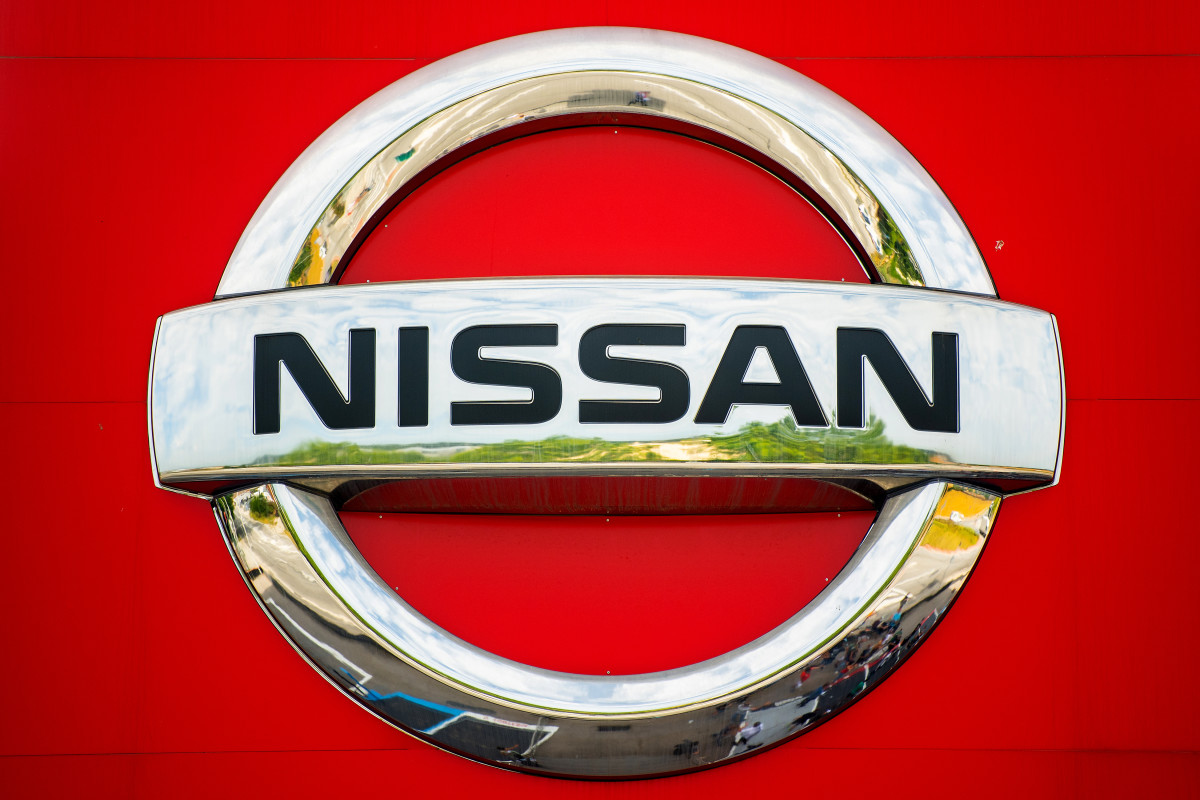It’s no secret, petrol in the UK is very expensive. Even as oil prices took a tumble, prices at the pumps have remained high. According to the latest data published on statisticstimes.com, UK drivers are paying on average about £1.22 a litre. Here’s how that compares to other countries:
- Russia - £0.47 a litre
- United States - £0.54 a litre
- China - £0.72 a litre
- Australia - £0.72 a litre
- Canada - £0.77 a litre
- New Zealand - £1.15 a litre
All of these places are cheaper currently, but the UK is by no means the most expensive. British drivers should thank their lucky stars they’re not driving in Hong Kong, where petrol is a whopping £1.73 a litre.
Pedal Helps You Track Fuel Usage
How Does it Work?
One of the 20 unique features of Pedal is a simple tracker that gives you information on fuel consumption. The information will appear within your “Engine Telematics” on the Pedal dashboard. It will tell you three bits of information there:
- Average miles per gallon overall
- Miles per gallon in the city
- Miles per gallon on the motorway
Splitting the numbers in this way helps you to identify areas of your daily driving in which you are using up the most petrol. You can also get more detail on this from each set of trip information that Pedal generates for you each day. Knowing this information might prompt a change in route to save on petrol.
It will also tell you very clearly how much you spend on petrol for commuting vs. leisure-time driving. Such information can help you make money-saving decisions on when to drive and when to take public transport, ride a bike, or walk, for example. It could be something as simple as those trips down the road to the supermarket in the car that are costing you the most over time. Without the Pedal system, it would be hard to know for certain.
Why is This an Important Feature?
It’s impossible not to notice that times have been hard in the past year or so. Only 12 years before the pandemic, the country was just beginning another several years (at least) of suffering under the Great Recession. When times are as uncertain as they have been, it is crucial that you make use of every tool you can get your hands on to help stabilize and economize in life.
Most people got into trouble back in 2008 or in 2020 because they were inadequately prepared for times of genuine national crisis. They were either too exposed to debts, or lacking in savings or contingencies for when their businesses might be compelled to shut down by a force majeure such as the pandemic. Part of being prepared for such an eventuality is being 100 percent on top of your finances; your income and outgoings.
Pedal positively contributes to that understanding with this simple yet useful feature. Use the fuel usage feature and its data as a window into an important part of your financial life. Cars are a significant drain on finances, demanding monthly payments for lease/auto loans, annual tax, insurance, petrol and other upkeep. You’ve even got to pay just to keep the thing clean and presentable.
Every little helps, as they used to say. Let Pedal be a part of getting a grip on your automotive finances.
Petrol Prices in the UK
It’s not as though expensive petrol is anything new to drivers in the UK. Across multiple generations of drivers, now, one of the top gripes has always been that fuel can be cripplingly expensive. Not being one of the world’s top oil producers, the UK is unable to provide such low fuel prices as Iran, for example, where petrol is just 4 pence a litre. These are prices we could only ever imagine our great-great grandparents paying.
The price of fuel has obviously been guided by shifting oil prices. The high point was in the summer of 2008 where oil spiked to around $150 a barrel. It remained at well over $100 a barrel for most of subsequent 4 years, sending petrol prices spiralling upwards at a time when most people were feeling the worst financial pinch in generations.
By April 2020, oil had completely fallen off a cliff and dipped below $20 a barrel, and even though petrol prices did drop as well, the drop was nothing that seemed commensurate with the oil drop. The price never dropped below 94p a litre at any point.
High prices on fuel have been a point of contention for many in the UK, as we have mentioned. Back in 2000, the fuel protests led by lorry drivers threatened to bring the country to a standstill in the face of ever rising prices and increasing tax burdens placed on drivers. The tax level had increased from about 72 percent in 1993 to more than 80 percent in 2000. In September 2000, there were frightening reports that the country was down to its last 48 hours of fuel.
Such crises were resolved in their time, as they always have been sooner or later and for better or worse, but one reality remains constant: people in the UK spend a lot on fuel. When economic matters are as uncertain as they are right now and have been so far in the 21st century, having firm knowledge on your miles per gallon is more important than ever before.
Ways to Save Petrol
Using the information from your Pedal dashboard, you can then make plans to try and economize on your fuel usage. Here are some ideas on how to do that:
First, there are some obvious suggestions like driving less, carpooling and using public transport. Let’s take those as read. One thing that some drivers are unaware of is that idling for long periods of time wastes a lot of fuel. There has been some debate in the past on whether it’s better to power down the engine when stuck in traffic or to just keep it running. The best rule of thumb is that if you’re going to be idle for more than 2-3 minutes, it’s best to switch off and wait.
Your car will burn through half a gallon an hour when it’s idling. That’s about 2 and a half litres of petrol, or £3 worth of petrol according to the current average. If you’re idling several minutes at a time several times a day per commute, then it quickly adds up over a week or a month.
Another great fuel-saving method is to get your manual car into its top gear as quickly as possible. A lot of drivers languish in third gear when they could be easily in fifth or sixth gear. You can get to your top gear by the time you are doing 30-35mph.
Finally, another key to fuel savings is by establishing a constant cruising speed and then keeping it. Constant acceleration and braking are another great way to waste petrol. If you are someone who speeds along the motorway, brake sharpy as you approach a car in front, and then accelerate equally sharply to get around them, you are as they’d say in the US a “gas guzzler.”
Pedal Fuel Usage: Track it, Save it
Gain the data you need to make changes to your driving life with Pedal. Sign up, connect the device, sync the data and login to your dashboard for a live daily feed. Learn more about Pedal and its 20 unique features on our Features page.






%20(256%20%C3%97%20256px).png)
.svg)
